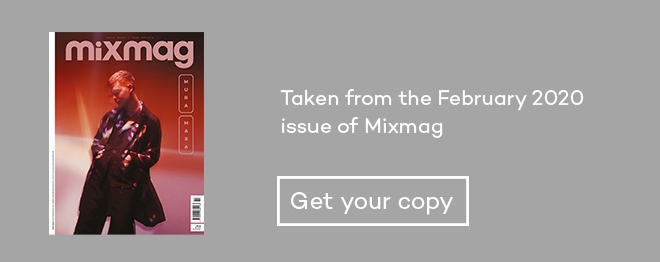 Features
Features
Serbia's Exit is more than just a festival, it's a social and cultural movement
Meet the crew of local DJs and organisers at the heart of Exit
For Serbia, and the Balkans as whole, Exit is more than just a festival; it’s a social and cultural movement that shows no sign of slowing down even after 20 years. And a crew of local DJs and organisers are at its heart.
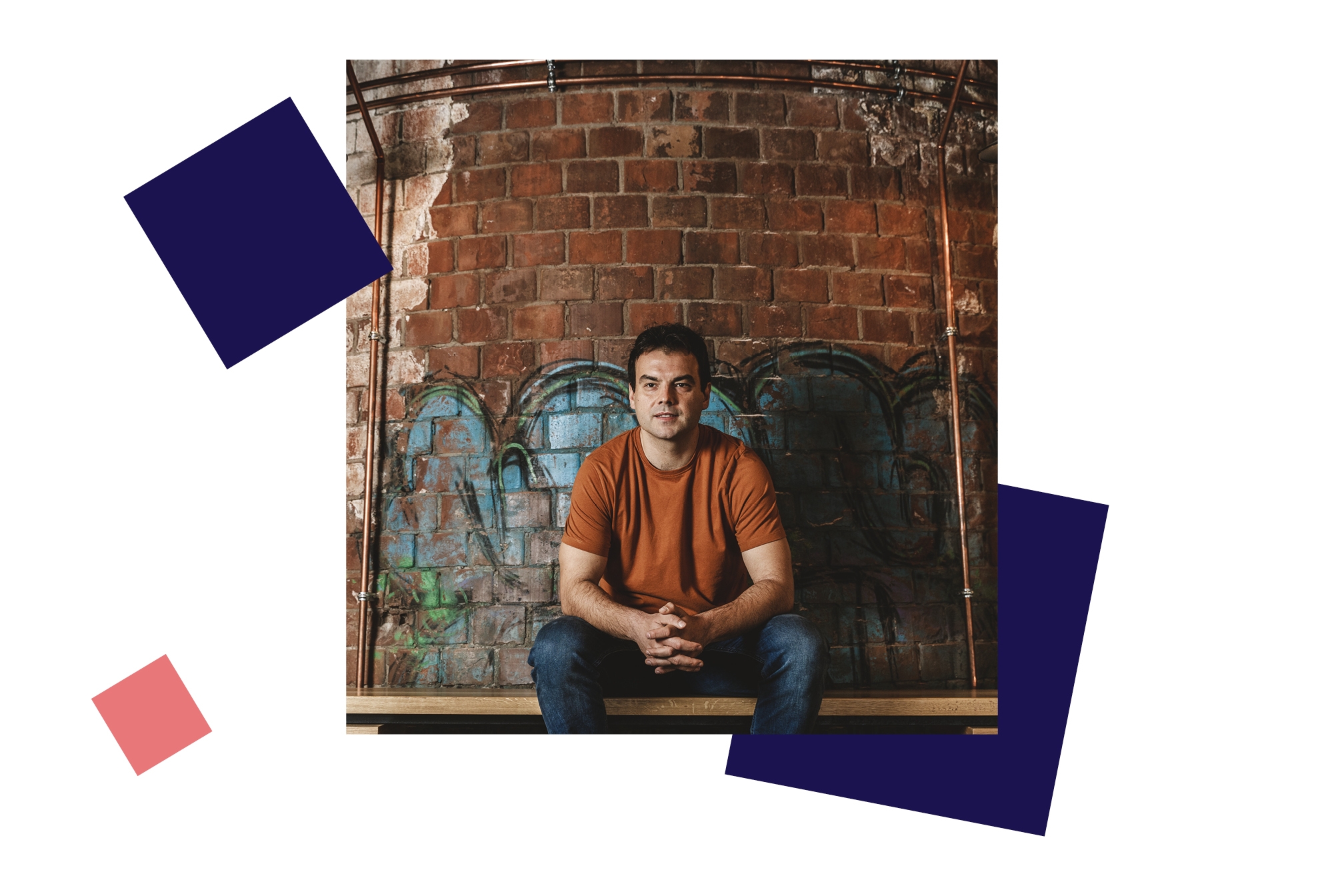
Rastko Andrić
Exit’s Programme and Booking Manager began DJing under the name Dee Face in 1999, acting as editor for the underground radio stations that gave life to the local electronic music community. He was one of the founders of the Happy Novisad collective, ‘dedicated to beautifying the world and society’. He was also at what became known as the ‘100 day festival’ in a medieval fortress in Novi Sad in 2000, when people counted down the days until the end of Serbian dictator Slobodan Miloševic’s reign, marking it with a series of concerts, plays and parties. “Exit Festival was the first place in the Balkans… where young people and different nations, religions and political convictions met for the first time,” Andrić says. In 1991, he explains, Serbia was “trapped in the mud of wars and conflict” between the countries of former Yugoslavia. The first Exit Festival came as a reaction to a law Milošević passed in 1999 that banned freedom of speech amongst universities. High up on the fortress, in between screeching punk bands and motivational speeches, the protest organisers aired the regime’s atrocities on a giant TV screen and called it “Exit out of 10 years of madness.” The first official Exit festival was held in 2000. “It was a place [where] a better society was possible, and a light at the end of the tunnel for all of us.”

Sugar Lobby
Serbian DJ and producer Sugar Lobby, aka Sladjana Cirjak, first experienced dance music at EXIT Festival when she was 16 years old. “I never stopped after that,” she says. “I realised through Exit that electronic music was my future.The people were so connected. Before, during the problems, the music scene wasn’t open to electronic music. But Exit brought big-name artists and DJs into Serbia. For me it was like another world.”Since she started DJing and producing in 2014, Cirjak has fulfilled her lifelong dream of playing Exit’s Dance Arena, as well as taking her hypnotic, minimal DJ sets around the world to play alongside Ellen Allien, Rebekah, Jeff Mills and more, as Sugar Lobby. Her first musical love is techno, and that’s reflected in her mesmeric productions, which she’s released on Subsist Records, Translucent, Organism and more. She’s currently working on her first album, a foray into experimental music, which will be released on Detroit Underground in 2020. “It’s a little bit different from my [usual] style, but from this year I want to challenge my usual genres,” she says. “It’s not for the clubs. It’s audio and visual.” To Cirjak, Exit did more than pave the way for a future in dance music. “Exit showed the world a different picture of Serbia,” she says. “It still brings the best artists from around the world to Serbia. Back then, [Exit] was about love and tolerance and connecting people. And we still have that spirit of togetherness.”
Read this next: Serbia's techno revolution evolves with Exit Festival

Marko Nastic
During the 90s, radio stations like Studio B and B92 exposed young people from what was then Yugoslavia to underground house and techno from the West – inevitably leading to secret warehouse raves and underground parties. Demand for 4/4 beats and escapism soon led to the opening of a club in the basement of a bookshop in Belgrade called Industrija in 1994. Local DJ Marko Nastic didn’t just experience this era first-hand; he helped shape it. Born in the city in 1979, Nastic began DJing at 16, just as the underground movement began to form. “I quickly became a resident at Industrija,” He says. In a way, he believes the sense of togetherness and unity created a golden era, because when the air-raid sirens sounded (the city was bombed by NATO forces in 1999) some people didn’t run to bomb shelters, they ran to Industrija. At the age of 18 Nastic formed a crew called Teenage Techno Punks. Between the bombing raids they threw underground free techno parties that remain an urban legend in Belgrade today. “We were really frightened that we were going to be bombed,” Nastic says. “There were periods where we couldn’t go out on the streets at night, so we made parties during the day.” Once the war ended, Nastic’s career quickly gained momentum, and bookings came in from Europe,then America, then all over the world. He runs three labels and has been a resident at Exit for over 10 years. “I want to give my energy to the young revolutionaries,” he says. “It’s time now for a new generation.”

Duende remembers begging her parents to let her go to Exit as a teenager. “We didn’t have a place to stay, so we went for one day and didn’t sleep,” she says. Born and bred in Belgrade, she was introduced to dance music by her big brother who’s nine years her senior. Today they DJ together as B2S, and Duende also plays solo, interweaving soulful house, techno, minimal and deep house into her sets. She’s part of Belgrade crew D59B, and since she took up DJing in 2014 she’s played prestigious festivals in the Balkans (EXIT, Sea Dance, Revolution and more) as well as clubs from Berlin to New York. “I skipped the part where Exit was founded in the 2000s. I was too young – I was only seven then,” she says. “But I know from my older friends about the impact Exit Festival had and what it did for clubbing and music in the whole of Serbia. When I went to Exit I could feel the tradition and the strength and unity. And it will never be finished. Every year it gets bigger and bigger. And even though the crowd changes, the story stays the same.”
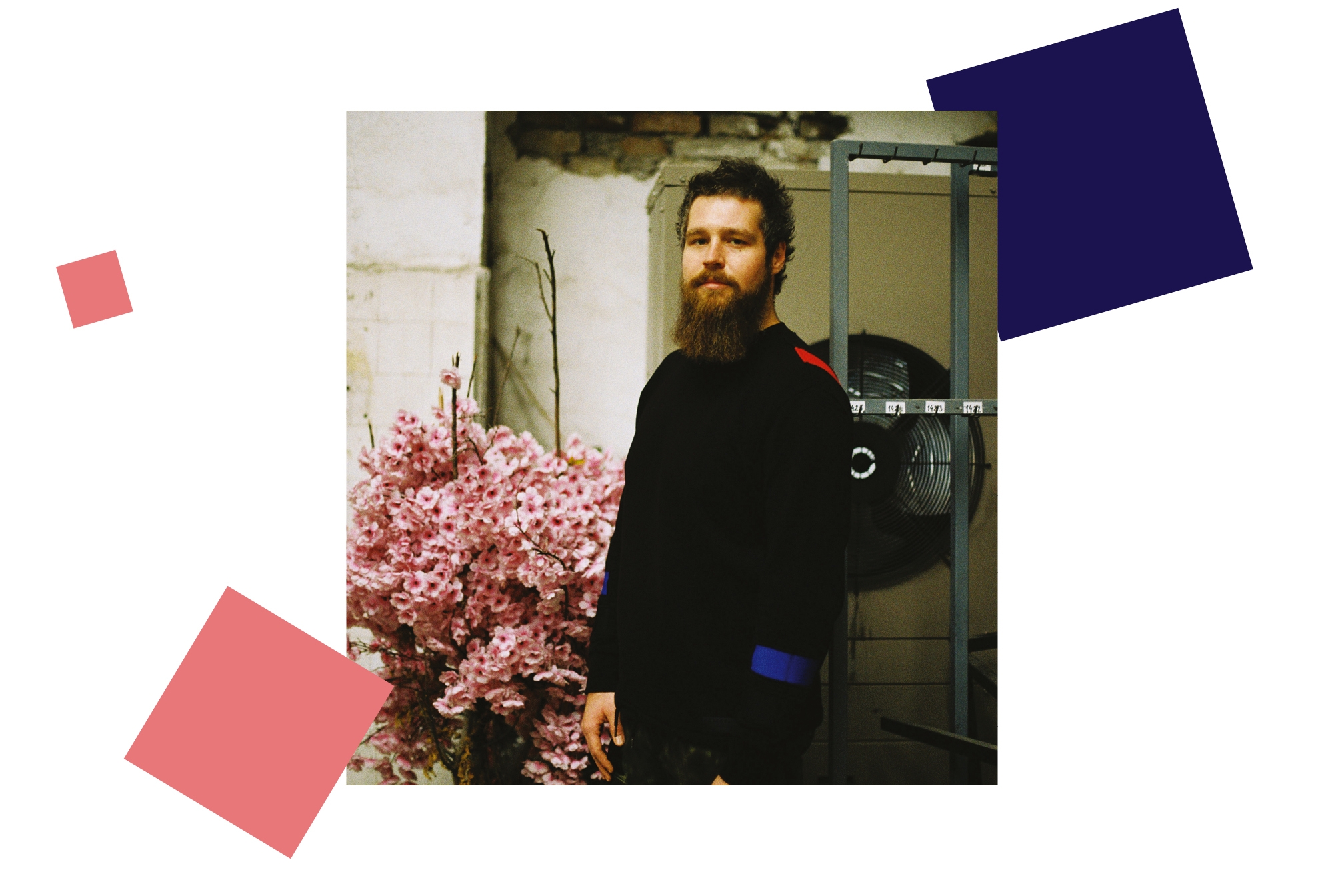
Kristijan Molnar knows war. He was 10 when his home town Belgrade was first bombed. He says he could sense the air raids before they happened – he’d lie in bed sweating and shaking as though he felt the vibrations in the air. But he does have some fond memories of that time. “I never felt people so united,” he says. “People were so good to each other. Even though it was so bad we all looked out for each other, so people felt kind of good.” Perhaps this sense of togetherness and loyalty is why Molnar insists he’ll never leave Belgrade. “Even though a lot of things are really bad here, it just makes me want to try harder,” he says. “It gets ugly but this is my city, my nation, my people – and sometimes I feel like people leave without trying.”Molnar aims to recreate this unity through his music. He’s a resident DJ at Belgrade nightclubs 20/44 and Drugstore as well as Masters in Zagreb. He hosts ‘Kristalizacija’, Belgrade’s first national radio show dedicated to electronic music, and is a regular fixture at festivals not only in the Balkans but around the world. He describes his music as deep techno, twisted disco, NYC house and weirdo-dark, and he’s played alongside Jeff Mills, Dixon, Black Coffee and more. He’s a curious DJ, he says, which is handy as he’s committed to finding four hours of new music every week for Kristalizacija. It’s hard work, but he wouldn’t have it any other way. “I want people to be happy and be united and hug and kiss each other,” he says. “I don’t think people should go to a club and feel depressed and lonely. I think clubs should be a place where we unite and recharge our batteries so tomorrow, when we wake up, we can keep fighting.”
Read this next: How the fall of the Berlin wall created an anarchic techno scene
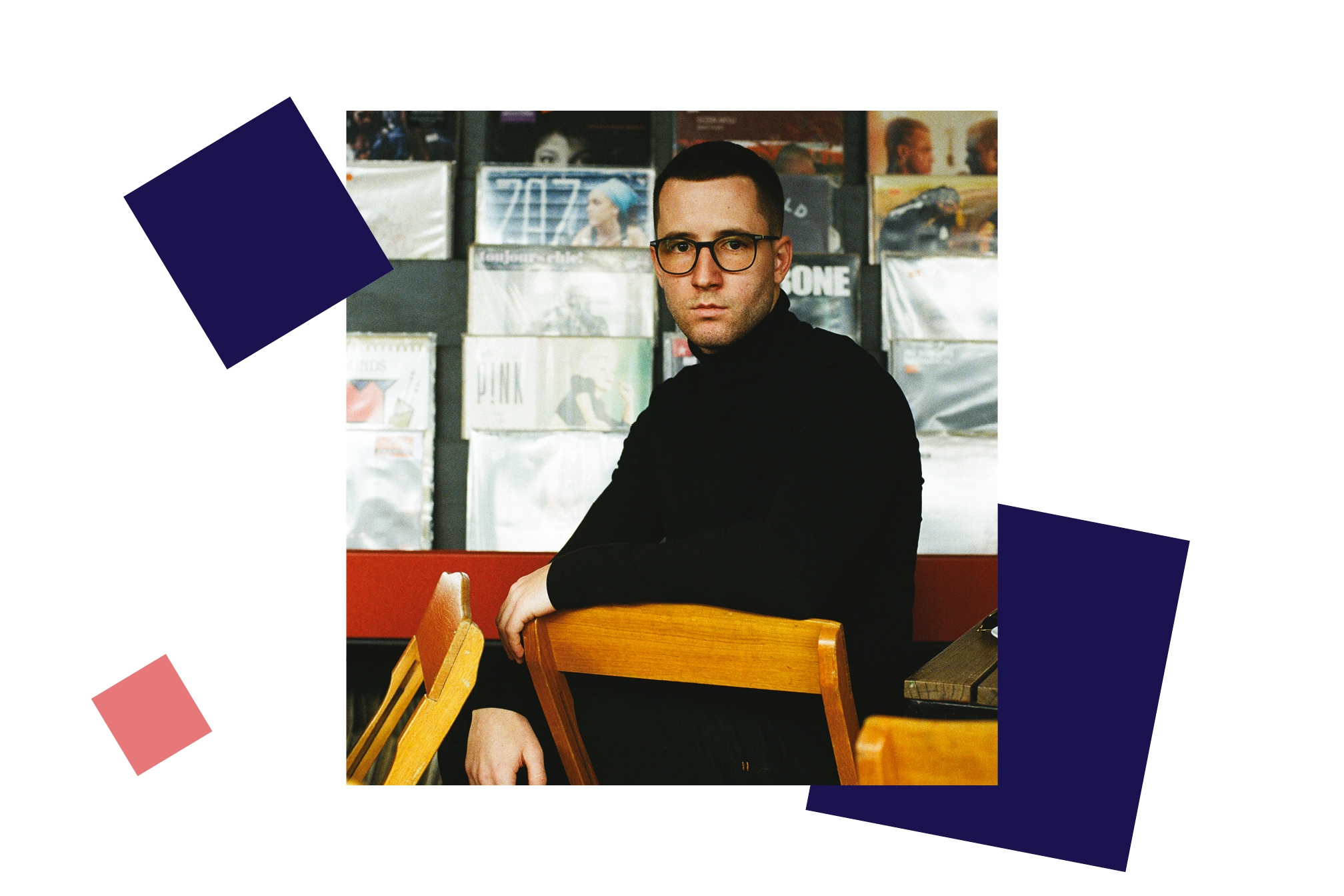
Born in the Eastern city of Smederevo, about 55km from Belgrade, Ilija Djokovic has earned support from Adam Beyer, John Digweed and Pan-Pot since delving into DJing and production in 2010. “I remember when my godfather played in a famous club in 2000 when I was about 17,” he says. “I was so impressed by how people reacted to every track – I wanted to have that control in my hands, to make people dance like crazy. So I started DJing immediately.” Although he’s released on prestigious labels and worked alongside Nina Kraviz and Solomun, Djokovic feels that to succeed as a DJ in the Balkans you need to work twice as hard. “We have a lot of talent here, but there is a lack of support,” he says. “The economy is poor so it’s really hard to break through if you’re based in the Balkans.” Djokovic says that the government doesn’t put money towards the arts, and that despite Belgrade’s popping club culture, nightlife is not a priority. Artists from Serbia also need expensive and complicated visas to travel to the UK, US, Australia and many other countries, which makes touring difficult. But ultimately, Djokovic feels that dance music, festivals and nightlife in the Balkans have played an integral part in bringing communities from conflicting countries together. “People from all over the region – Croatia, Bosnia, Hungary, even Greece – come to Exit Festival, and I’ll go with my friends to other cities, too, so it’s really connecting.”
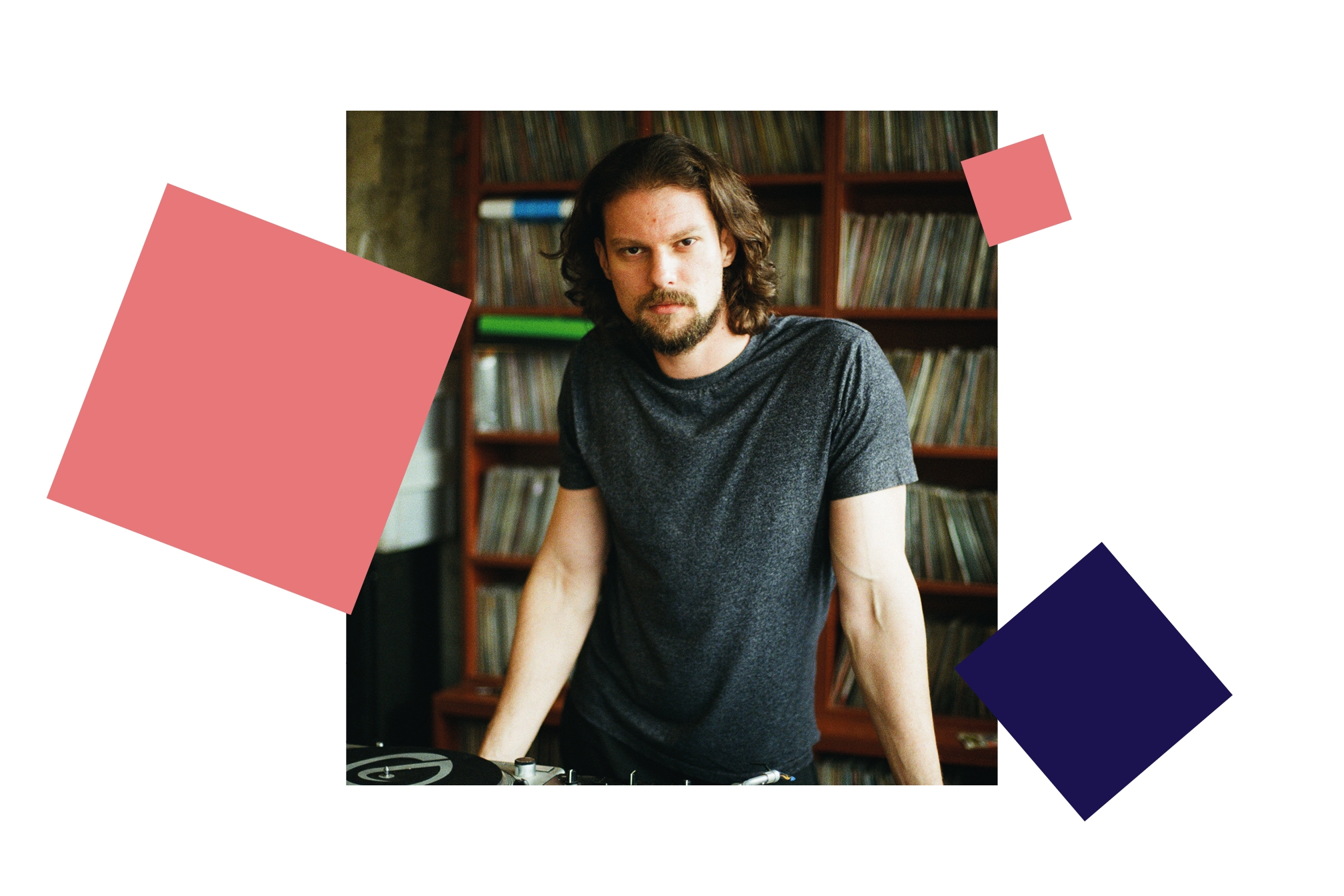
Since joining team Exit in 2011, Miroslav Miletić has coordinated bookings and programming for Sea Star Festival, Sea Dance Festival and Exit’s 25,000-capacity Dance Arena. Aware of all that Exit has done for Serbia’s past, he’s much more focused on what it can do for the future. “We create new memories,” Miletić says, “and we’ll continue to do what we’ve always done: raise the barriers and borders that once divided us – and by ‘us’ I mean the Balkans.” Miroslav and his team work on numerous projects that promote social responsibility. They recently launched Life Stream, a project that harnesses the activist spirit of Exit by live-streaming performances from the festival, urging action against climate change. The initiative also airs keynote talks and panel discussions to raise awareness of and money for environmental organisations and charities, starting the climate change conversation in the Balkans and beyond. Exit’s initiative Youth Heroes funds exceptional young Serbians who are keen to contribute to society through university, and in 2019 Miro and the Exit team launched the Green R:evolution, a mass reforestation project with the aim of planting one million trees in Serbia alone. “We just planted around thirteen thousand oak trees in Novi Sad,” Miletić says proudly. “Exit was and still is a movement for freedom – and we’ll continue to remind people of the negative impact of climate change and educate them on how to reverse it.”
Exit Festival 2020 takes place July 9–12 in Novi Sad, Serbia
Alice Austin is a freelance writer, follow her on Twitter
Read this next: Get the best of Mixmag direct to your Facebook DMs

